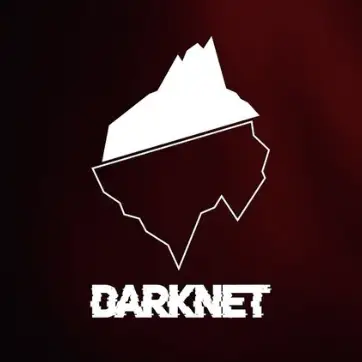BlackOps darknet refers to a secure and often encrypted part of the Dark Web that is used for the exchange of sensitive and high-risk transactions. It is a portion of the internet that is intentionally hidden and can only be accessed with specific tools or protocols, like Tor or I2P, which provide anonymity and privacy for its users. One of the primary uses of BlackOps darknet is the protection of transactions that require an added layer of security, especially when regular systems may be vulnerable to cyber threats such as hacking, data breaches, or surveillance. It operates in stark contrast to the public web, where activities are tracked and information is often exposed. For organizations or individuals dealing with high-stakes transactions, such as financial institutions, government bodies, or even cybersecurity specialists, BlackOps darknet offers a crucial layer of privacy. Sensitive information, including intellectual property, confidential government data, or trade secrets, can be securely exchanged without the risk of interception. By leveraging encrypted communications, users can shield their identities, protect their transaction details, and avoid unwanted scrutiny.

This type of security is essential in a time when cyberattacks and data theft are becoming increasingly sophisticated. In fact, Black ops darknet provides a robust system for users who need to avoid the vulnerabilities present in traditional networks. Additionally, the BlackOps darknet facilitates decentralized transactions using cryptocurrency, which further increases the level of anonymity. Traditional financial systems or methods of payment often require personal identification and leave trails that can be traced back to the participants. Cryptocurrencies like Bitcoin or Monero, however, offer the ability to conduct transactions without revealing any identifying details about the parties involved. This makes BlackOps darknet particularly appealing to those who need to maintain absolute confidentiality in their dealings. The decentralized nature of cryptocurrencies also reduces the potential for external control or interference, offering users a sense of autonomy and security. Another key advantage of BlackOps darknet is its ability to remain outside the reach of traditional legal and governmental frameworks. Because of its anonymity and encryption methods, it provides a space where individuals and organizations can operate without the constant oversight of regulatory bodies.
This makes it a go-to tool for those who need to bypass censorship or restrictions imposed by governments or corporations. For example, journalists in repressive regions or activists working in politically unstable areas might use BlackOps darknet to exchange information safely and avoid the risk of persecution. However, it is important to recognize that while BlackOps darknet offers substantial protection for sensitive transactions, it is not without risks. The very features that provide its security anonymity, encryption, and decentralized structures also make it a haven for illicit activities, such as the sale of illegal goods, services, or even stolen data. This has led to the platform becoming a controversial space, attracting both legitimate and malicious actors. Consequently, the use of BlackOps darknet may raise ethical and legal concerns, particularly for organizations trying to strike a balance between privacy and compliance with the law. BlackOps darknet can be an essential tool in protecting sensitive transactions, offering a level of anonymity and security that traditional systems struggle to match.

